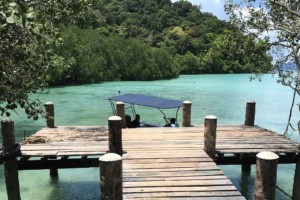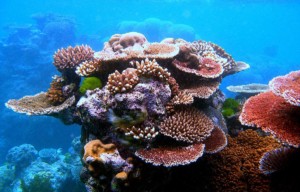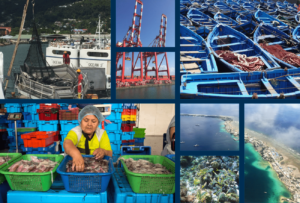South Pacific Tourism looks to its ocean & the ‘circular economy’
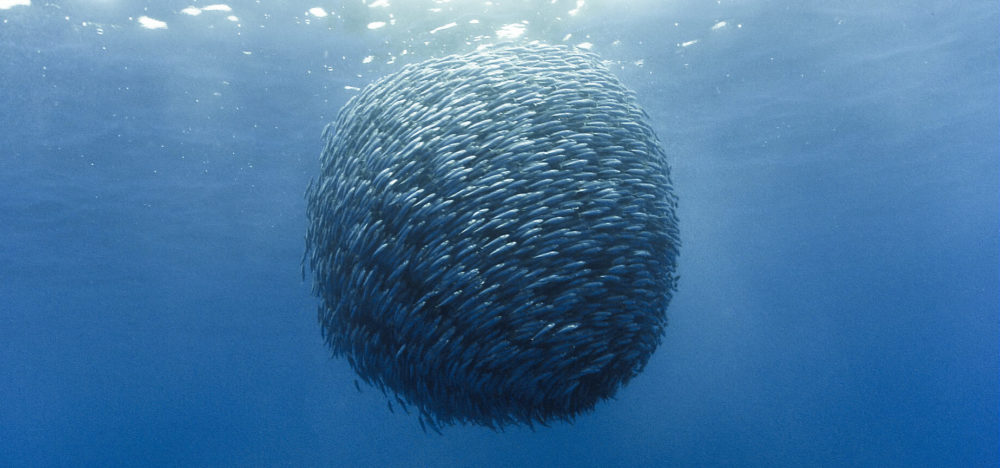
Tourism is a target under Sustainable Development Goal (SDG) 14.7: “By 2030, increase the economic benefits to Small Island developing States and least developed countries from the sustainable use of marine resources, including through sustainable management of fisheries, aquaculture and tourism.”
SPTO says it is working with partners on a range of initiatives that can help achieve this target in the Pacific, including:
- SPTO is committed to sustainable whale watching in Pacific waters. SPTO and the Secretariat of the Pacific Regional Environment Programme (SPREP) are lead partners in the voluntary commitment towards the “Pacific Year of the Whale Declaration”, an outcome of the Whales in a Changing Oceans Conference, held in Nuku’alofa, Tonga in April 2017.
- Another collaboration between SPREP and SPTO involves the development of “Regional Coastal Tourism Environmental Impact Assessment Guidelines”, which is being led by environmental experts at SPREP and includes input from Pacific tourism stakeholders and SPTO. Both partners recognise the importance of environmental impact assessments in the responsible development and management of tourism.
SPTO CEO Chris Cocker said: “Amongst other initiatives, we are working with our partners to create awareness for the tourism sector and to encourage the private sector to re-look at their daily business practices, ensuring that waste and waste water are responsibly discharged; biodegradable chemicals are used; diving and recreational activities are monitored while marine ecosystems around their boundaries are protected.
“Our coastal communities and the general public also need to be more responsible,” he added before citing a need to ban plastic bags.
 SPTO’s advocacy efforts have been heightened in 2017, the International Year of Sustainable Tourism for Development. UNWTO is calling for tourism development to be a part of “Integrated Coastal Zone Management” in order to preserve and conserve fragile marine ecosystems.
SPTO’s advocacy efforts have been heightened in 2017, the International Year of Sustainable Tourism for Development. UNWTO is calling for tourism development to be a part of “Integrated Coastal Zone Management” in order to preserve and conserve fragile marine ecosystems.
According to the SPTO the Oceans Conference was “a milestone achievement for the world and the Pacific region in particular, given the dependency of Pacific people on ocean resources for livelihoods and economic development”.
SPTO says the Pacific Islands were well represented reflecting the significance of the ocean to the Small Islands Developing States.
Speaking at a side event at the Oceans Conference, Ms Fekitamoeloa Katoa ‘Utoikamanu highlighted the importance of Sustainable Development Goal (SDG) 14 to “conserve and sustainably use the oceans, seas and marine resources for sustainable development” particularly to countries where millions of people depend on marine resources for their nutrition and their livelihoods.
Ms ‘Utoikamanu, who is the United Nations Under-Secretary General for the Least Developed Countries, Landlocked Developing Countries and Small Island Developing States, said: “Harnessing ocean resources in a sustainable manner can lift communities out of poverty by increasing the economic benefits that flow to them, especially from the fisheries and tourism sectors.
“New and emerging sectors such as aquaculture and offshore mineral exploration also hold great potential for these countries to derive further economic benefits from the ocean.”
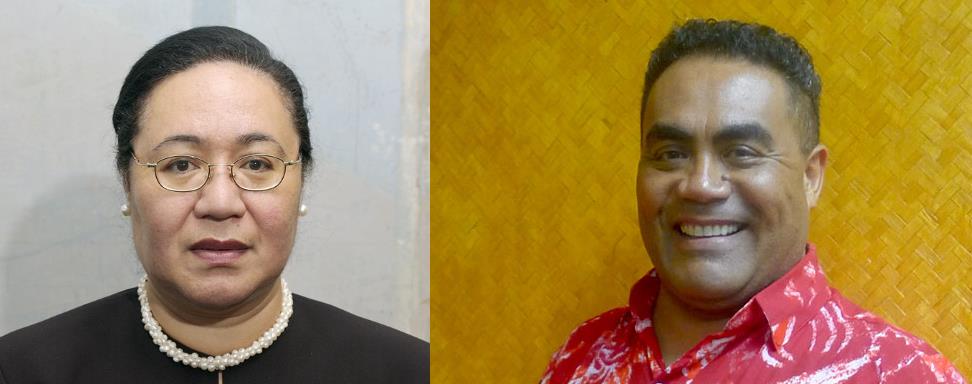
Fekitamoeloa Katoa ‘Utoikamanu (left) & Chris Cocker
The circular economy: getting around to it
SPTO CEO Chris Cocker recently attended the World Circular Economy Forum (WCEF) in Helsinki, Finland. WCEF was the first global meeting of its kind and was organised by the Ministry of Environment in Finland and the United Nations Environment Programme (UNEP). Among the 1500 delegates from 105 countries, Mr Cocker was apparently the only representative from the Pacific Islands.
According to the World Business Council for Sustainable Development (WBCSD), the circular economy is regenerative by design and moves away from the traditional “take-make-dispose” model to retain as much value as possible from resources, products, parts and materials. The circular economy model creates a system that allows for long life, optional reuse, refurbishment, re-manufacturing and recycling.
SPTO reckons European countries are at the forefront of the shift towards a circular economy. A number of European countries have passed legislation on resource recycling and reuse and have set national targets for waste reduction and water management.
Mr Cocker said: “While the concept has been in Europe for many years it is not widely understood and embraced by many businesses as yet and it remains a challenge today to change the mindset of businesses to adopt a circular mindset.”
“Through the WCEF, Europe is sharing the circular economy mindset with the world with the hope that the world’s countries will move towards circular economies in the near future.”
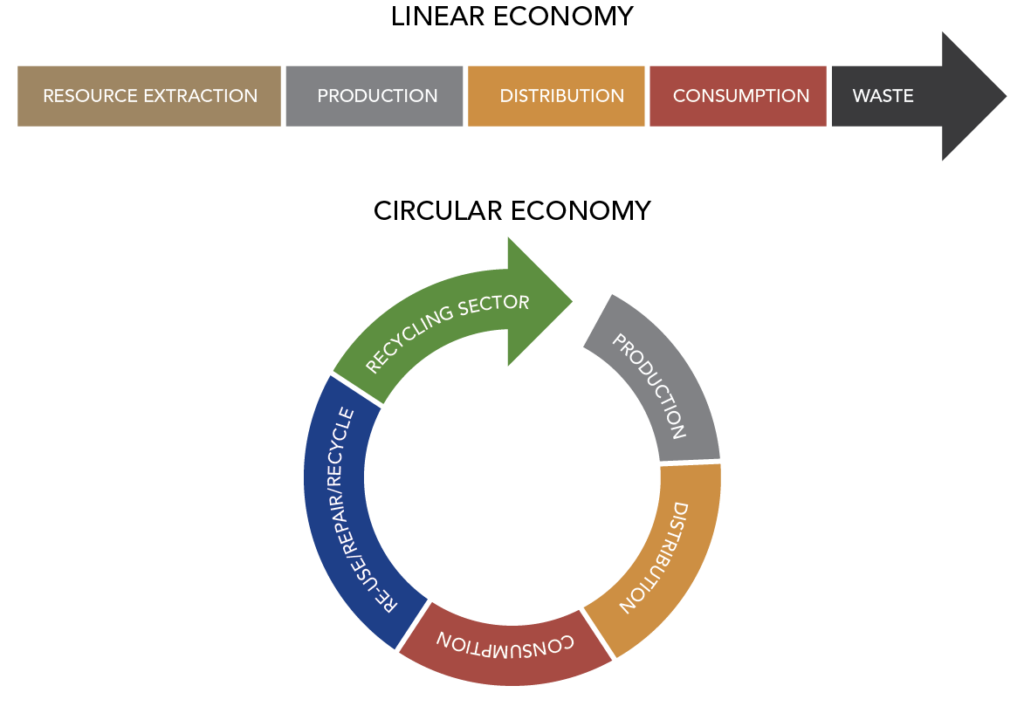
Source: World Economic Forum
SPTO says the circular economy is ideal for tourism stakeholders in the Pacific and is in line with the focus of IY2017 and the moves by SPTO to advocate for effective waste & water management and renewable energy options.
Mr Cocker said: “The meeting was very inspiring and it was very interesting to hear from countries about the circular economy which is a shift from business as usual and the linear economy to focus more on creating value, profit and jobs throughout the whole cycle.
“It has so much potential to drive private sector growth and is an approach that we should definitely embrace and implement in this region, given the right support and resources.
“SPTO will certainly be sharing lessons learned with our member countries. And through the new networks established at the WCEF, we will also look at implementing “best practices” from case studies that are applicable to our tourism industry.”
SPTO says the circular economy is the biggest opportunity to transform production and consumption since the first industrial revolution 250 years ago.
Source: This post was based on SPTO press releases. Featured image: Bait ball. Sourced from here (original photographer/source unknown; if you know, let me know).
Related posts


